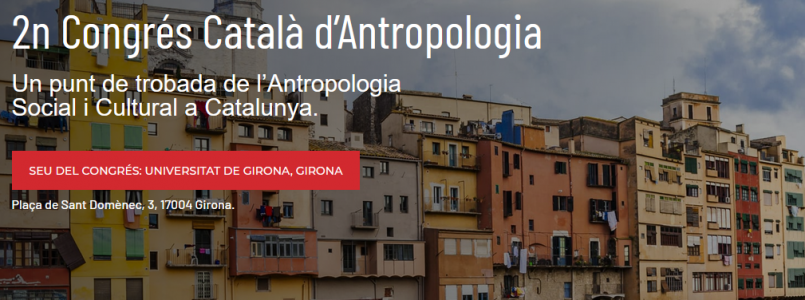The State ideology, says Deleuze and Guattari, has the “pretension to be a world order, and to root man” (1980: 24). And I add, to root women as well. The rooting process resulting from the sedentary logic of the nation state, does not deploy its effects homogeneously over the whole population. Who is perceived as mobile and whose mobility is considered socially abnormal is a highly gendered issue. As Carla Freeman states “travel, with its embodiments of worldliness, adventure, physical prowess, and cultural mastery, is widely constructed as a male pursuit” (2001: 1018). Gender ideologies of what being a woman versus being a man entail are key to understand the differential representational processes women and men are subjected to regarding immobility. There are many studies, particularly in Mexico and other places where migration is prevailing and there is a “culture of migration” in place, which show how men are expected to migrate in order to become fully members of their community, while women are expected to stay put and wait for their male relatives to return. The sedentary logic of the nation state, which normalizes immobility, couples with a patriarchal ideology which aims to control and regulate women’s behaviour. The intertwining of both ideologies, roots women more deeply than men. As Jaume Franquesa states “power is not so much an attribute of the “mobiles”, but an attribute of those who can decide who is mobile and who is immobile” (2011: 1024). Such power is exerted through the gendered social desirability of mobility and immobility, with the construction of female mobilities as an exception.

Women are often portrayed as rooted to the soil, charged with the physical and cultural continuity of the group. They are expected to give birth and to pass on the central values of the group to their offspring. Because of this frequent association between women and roots/soil, the relationship between being a woman and not migrating is naturalized: female immobilities are socially constructed as natural. Women, particularly those with children, who fail to comply with this imaginary, are discredited as denaturalized and bad mothers.
In Ecuador, and this is well-known for anyone working on migration in the Andean region, men have been migrating to the US for decades. When women started to migrate internationally as pioneer migrants to Europe in 1990s, there was an upsurge in catastrophic discourses about the risks of family disintegration brought about by women’s migration. Migrant women were nationally portrayed as bad mothers, contrary to migrant men who have been traditionally portrayed as entrepreneurial selves. In a context of acute economic crisis, I found in my research in Ecuador that in many cases, women had to resort to international migration in order to make a living for their children because of men not taking care of their family responsibilities. But still, migrant women were portrayed as bad mothers. Gender ideologies are key in shaping the process of stating who is desired to stay put, which in turn influences who is perceived as immobile. I found something similar in Mexico. Although women in the village of Zacualpan have been migrating for decades for family reasons, to study, and even to work as unqualified and qualified workers (domestic workers, teachers, etc.), their mobility was still presented as an exception.
The logic of the nation-state permeates much of the academic work on mobility and human migration of the recent decades. It means that too often studies have taken the limits and categories of the nation state as units of analysis. Although this idea goes a long way back, in Migration Studies it has been best articulated by Andreas Wimmer and Nina Glick Schiller, with the concept of methodological nationalism. To put it simple, methodological nationalism is to take the nation-state units as our units of analysis without thinking previously if such units are relevant or not for the specific research project. By doing so, some realities are obscured while some others are brought to the front. For instance, taking the State borders as the natural delimiters of our research units, zooms in on the mobility patterns more often followed by men while hiding women’s mobilities. In Mexico, as in many other locations worldwide men have traditionally outnumbered women in international migration. The academic importance given in the last decades to international migration has contributed to overshadowing the mobilities women more often engaged with. Already in 1885, Ravenstein, one of the pioneers of Migration Studies, stated in his Laws of Migration that: “woman is a greater migrant than man. This may surprise those who associate women with domestic life, but the figures of the census clearly prove it […] women certainly are greater migrants than men, but they go shorter distances”. The academic importance given to international migration has gender-biased our understandings of mobility. By overshadowing mobilities more often followed by women, women’s mobilities have been socially constructed as more unusual than men’s. By constructing women’s mobilities as exceptional, women become rooted.
To read more:
Mata-Codesal, Diana (2017) Gendered (Im)mobility: Rooted Women and Waiting Penelopes. Crossings: Journal of Migration and Culture 8(2): 151-162.
Mata-Codesal, Diana (2015) Ways of Staying Put in Ecuador. Social and Embodied experiences of mobility-immobility interactions. Journal of Ethnic and Migration Studies41(14): 2274-2290.





